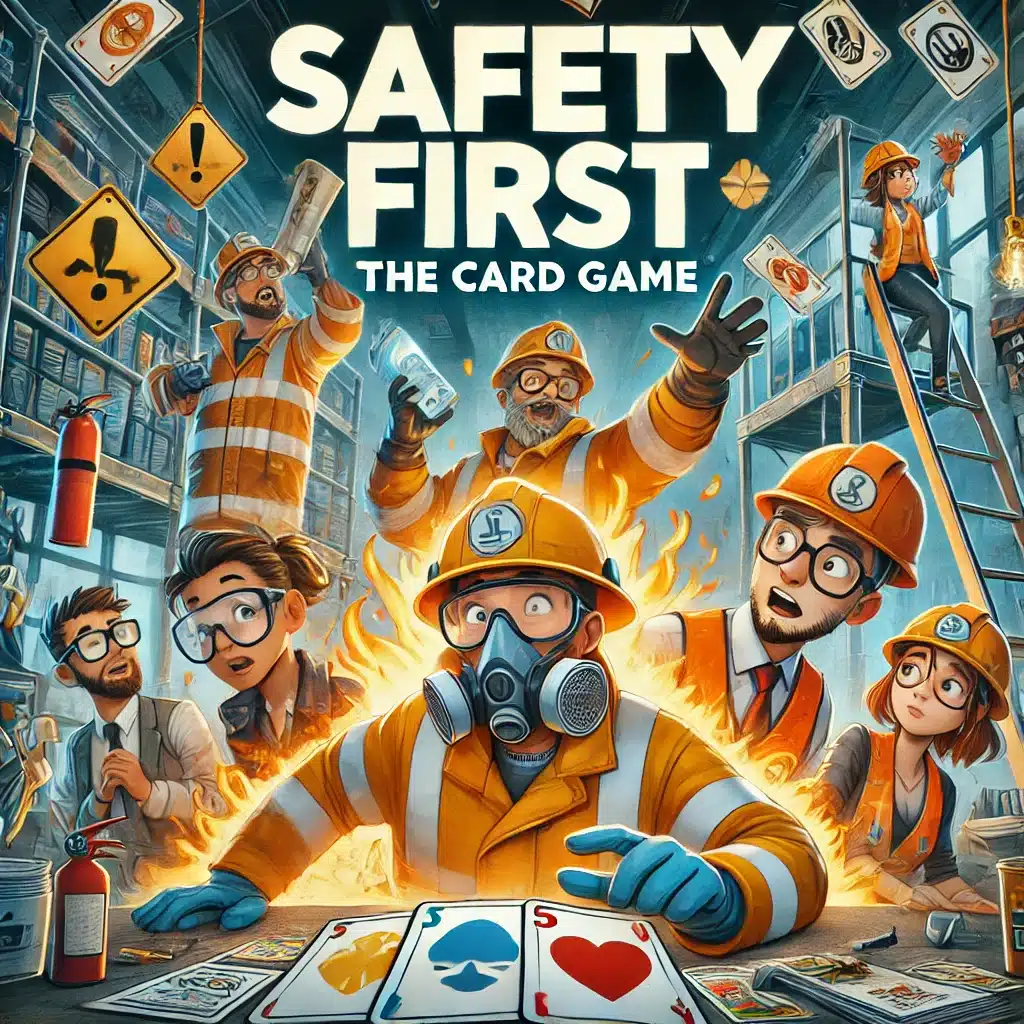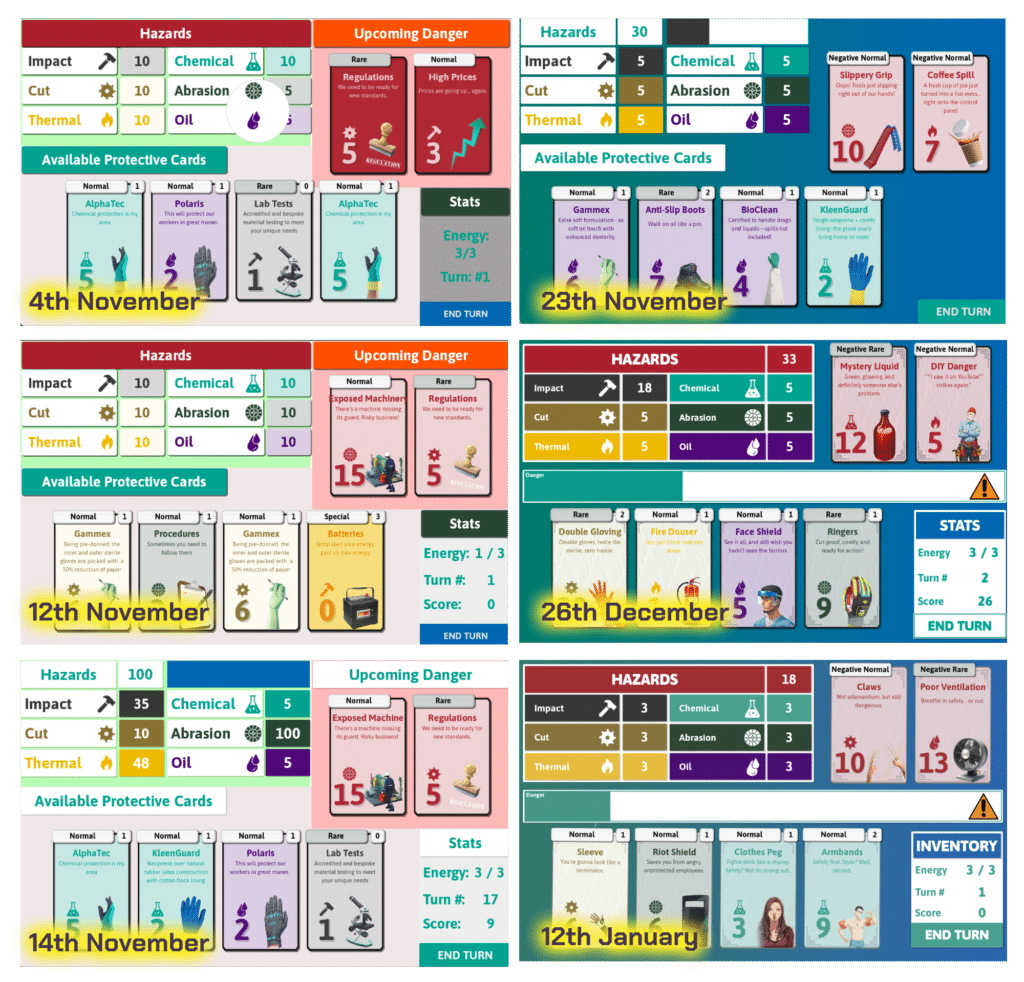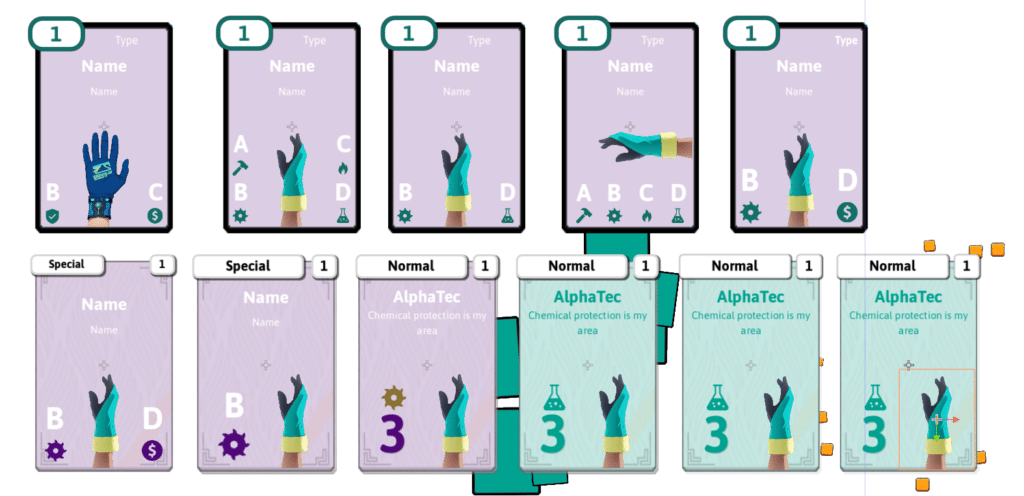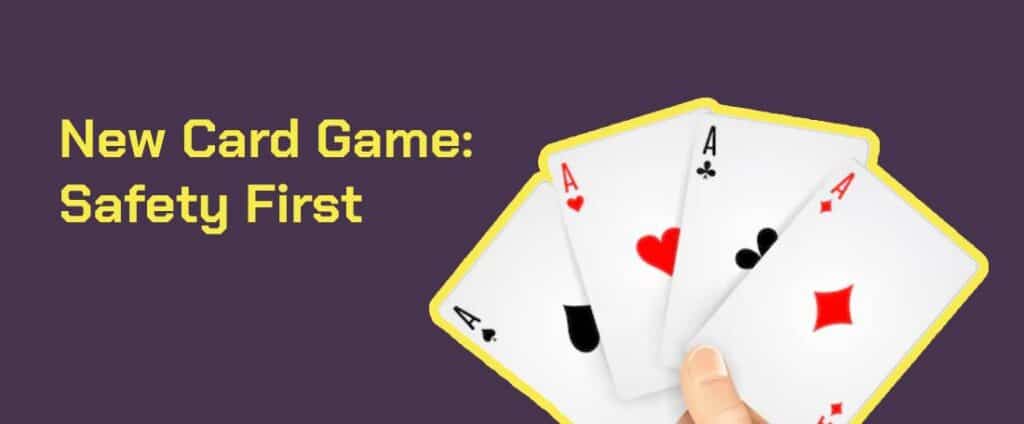I made a game! Again. After such a long break, it feels amazing to be back. It all started when I changed jobs and, unfortunately, lost access to a proper machine without admin restrictions—so I couldn’t use the software I wanted or work the way I used to.
What happened since? Well, I definitely didn’t stop thinking about games. I’ve been inspired more than ever! I got myself an Oculus Rift, a Steam Deck, and ultimately a new laptop. Honestly, I think I’ve played more games in the last two years than in the previous eight combined, and it’s really shaped my ideas and tastes.
Oh, and another big change—I gave Godot a try for the first time. For those who might not know, Unity has been my go-to engine for years, and it’s often considered the industry standard for hobbyists like me. You probably heard about Unity’s recent controversies (which they mostly fixed), but I realized there’s never been a better time to explore alternatives like Godot.
I’ll admit, I was pretty skeptical at first, especially about its scripting language, GDScript. It felt limiting compared to C#. But after some hands-on time, it’s grown on me—so much so that I think my next project will also be in Godot. The language clicks in my brain more than C#. It’s easy, intuitive, and keeps me focused on creating rather than troubleshooting complex syntax.
So here we are! Starting fresh. I picked up a bundle of Godot tutorials, and one concept clicked with me: a turn-based, Pokémon-style combat system. It reminded me of Slay the Spire, which sparked the idea for my latest project—a card game about safety practices (yes, I’m still thinking about my day job).


UI Evolution over time
The Game Concept
You play cards to improve the safety of your “factory.” Meanwhile, danger cards get drawn and played against you. Your goal? Achieve the highest possible score before hazards ultiately overwhelm your defenses.
The Journey
I started this project back in late September. It might seem like a long time for such a small game, but December was mostly a write-off due to holidays, and I had to learn a ton of new concepts. Still, I’m proud to say I wrapped it up by January 12th.
Play the game on Itch.io
What I Learned (or Re-learned)
- Juicing the Gameplay: I focused on making the core game loop satisfying—adding card animations and flair to make every move feel rewarding.
- Tracking Progress: Almost at the end, I added high scores and card discovery tracking to encourage replayability.
- Scene Management: Godot’s scene structure is quite different from Unity’s. Next time, I’ll plan my game structure more carefully.
- Clarity Matters: Based on feedback, I tried harder to explain the rules clearly and improve the player onboarding.
- Data Management: I started building the card data as resources (similar to Unity’s ScriptableObjects) but soon realized I needed to iterate constantly. So, I switched to managing the cards via an external CSV file. This led to a whole mess of import/export issues, but lesson learned!

Here you can see several evolutions that my cards went through. I actually corrupted some imagery on old cards, the looked much more different
Tools I Used
- Photopea.com: My go-to for image editing.
- AIEase.ai: I used this for styling generic photos with a consistent artistic filter. It needs more polish, but it got the job done.
- ChatGPT: Huge help for debugging, brainstorming ideas, and even improving my dad-joke-level card descriptions.
- GitHub: Mainly for simple backups. No complex version control for this project—just peace of mind.
Reflections and Moving Forward
Honestly, diving into Godot feels like starting from scratch. I’ve forgotten so much advanced C#, but that’s okay. I’m curious about Unity’s progress over the past few years, but for now, Godot fits my current needs perfectly.
Which engine would I recommend?
- Godot: Ideal for small projects and beginners.
- Unity: Better suited for ambitious, graphically advanced, and multi-platform projects.
Onward to the next prototype! 🚀

